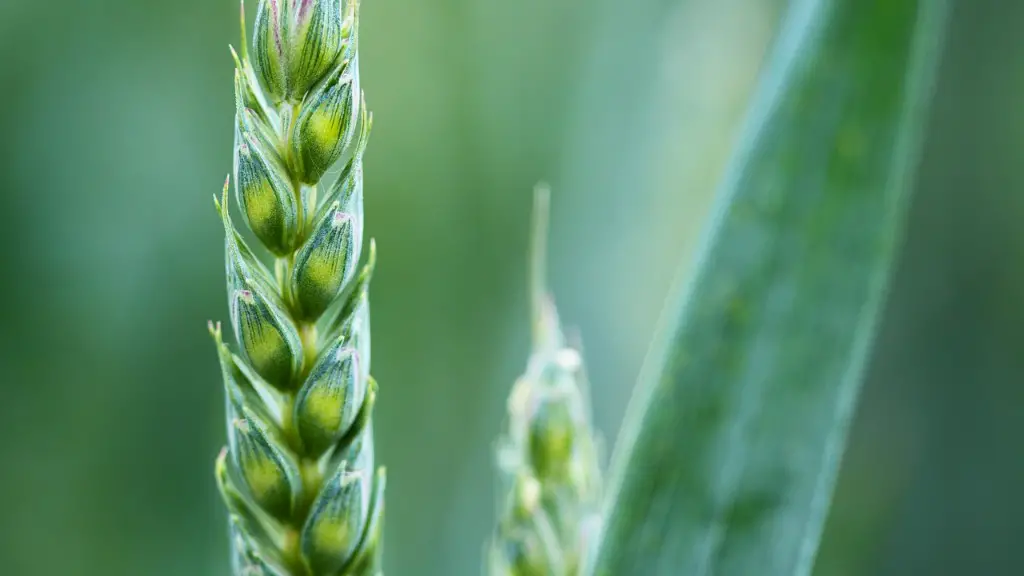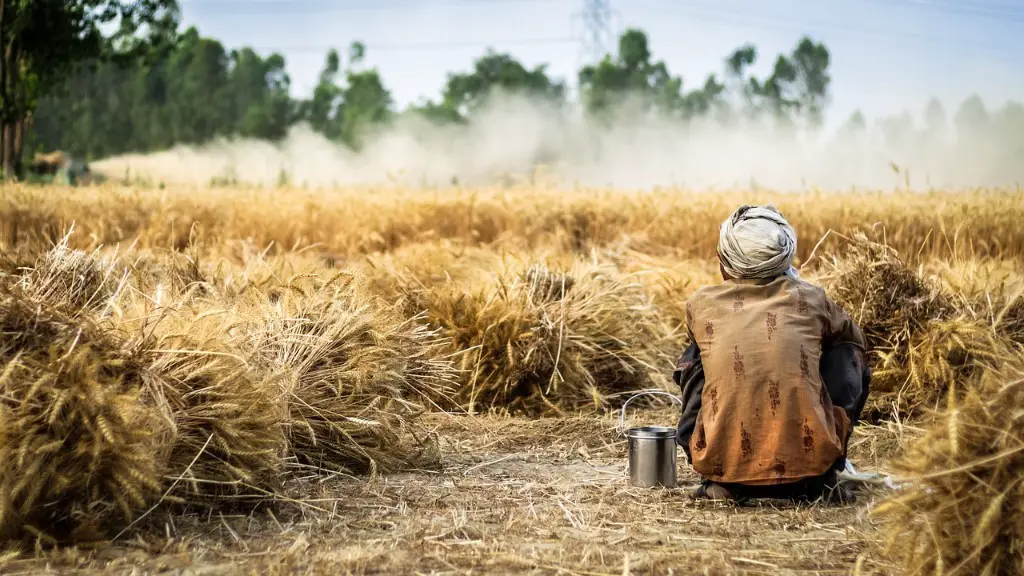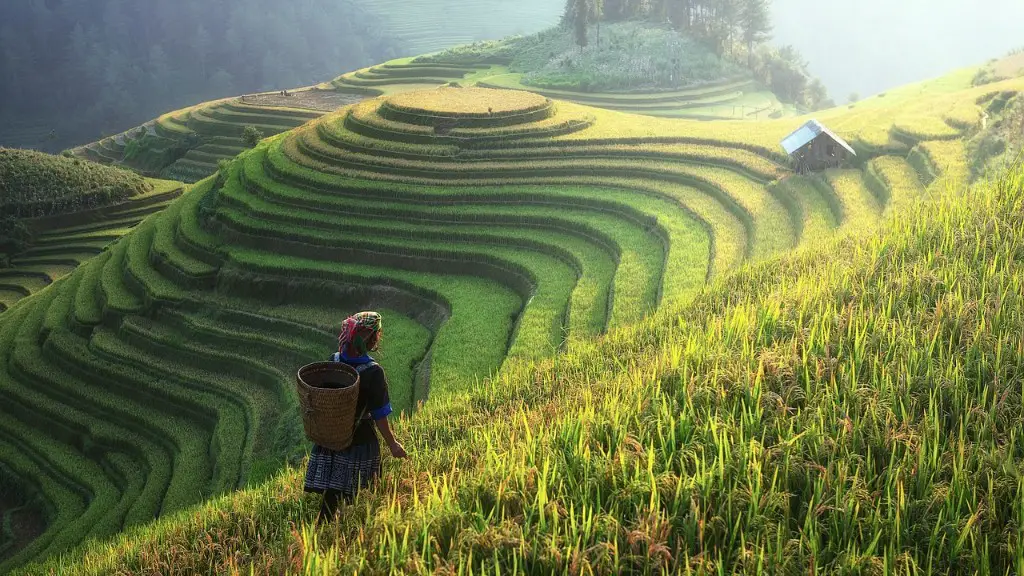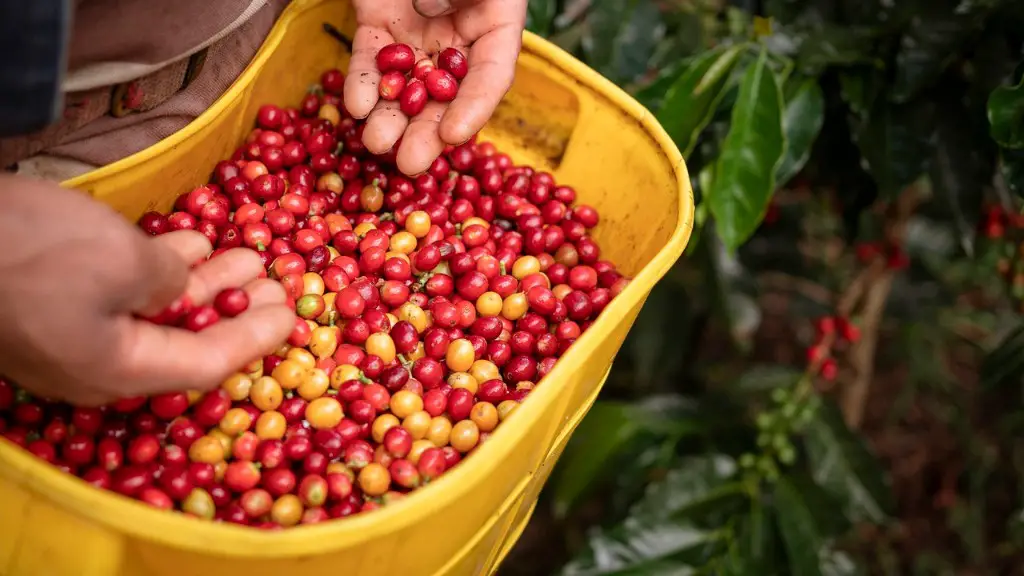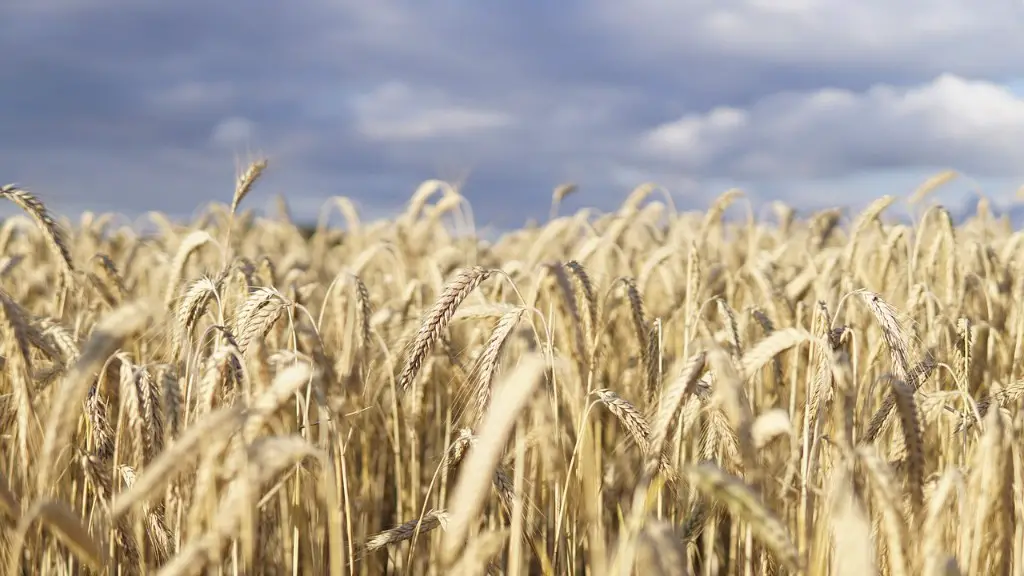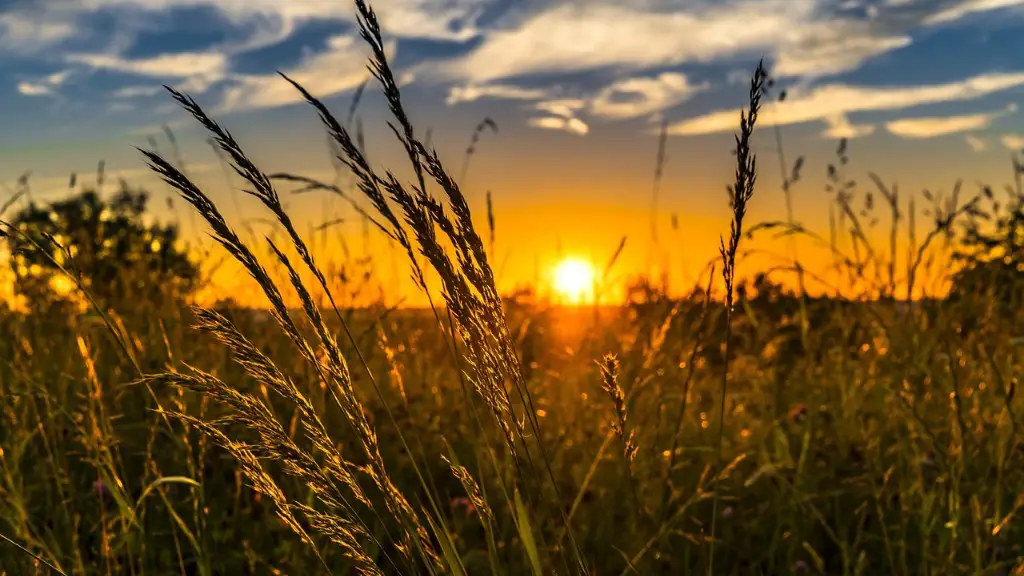Water is a vital resource for agriculture and rainwater is a free source of water that can be harvested and used for irrigation and other agricultural needs. There are many ways to save rainwater for agriculture and the most common is to use rain barrels or cisterns.
In many parts of the world, rainwater is increasingly being recognized as a valuable resource for agriculture. One way to conserve this valuable resource is to collect and store rainwater for use during dry periods.
There are a number of ways to collect and store rainwater, depending on the amount of rainfall in your area and the amount of space you have available. One common method is to collect rainwater in barrels or tanks. Another option is to build a detention basin, which is a larger structure that can be used to store a larger amount of water.
Whatever method you choose, it is important to ensure that your rainwater storage system is properly maintained to prevent contamination. Collecting rainwater can be a simple and effective way to conserve this precious resource.
How do we collect rainwater for agriculture?
Rain barrels are a great way to collect and store rainwater for later use. They are simple to set up and relatively inexpensive, making them a great option for those looking to harvest rainwater. Dry systems are another option for those looking to collect and store rainwater, and they use a larger storage container than rain barrels.
Rain barrels are an excellent way to harvest rainwater. They are simple to use and require no special plumbing. You can purchase rain barrels from local conservation groups, catalogs, or garden centers, or you can make your own.
Is rain water good for farming
Over time, salts and chemicals can build up in your soil and make it difficult for plants to grow. This is especially true for potted plants, where the accumulation is more pronounced. Rainwater can help flush these chemicals away and refresh the health of your soils.
Rain barrels are a great way to collect and use rainwater. They can be installed at a gutter downspout to collect rainwater, and the actual barrel can be a recycled barrel or a new commercially available rain barrel. This is a great way to save water and help the environment.
How long can rainwater be stored for watering plants?
It is possible to store rainwater forever in a container without light or ability for other matter, animals, or insects to enter. However, this would not be useful as you would usually want to move water from one season into another. So, usually you would not store water for more than a year.
Mulching is a great way to help trap rainwater in your garden beds, trees, and shrubs. By using bark mulch, compost, or wood chips, you can help create an absorbent area that will prevent puddling and stagnation.
What are 10 ways to save rainwater?
With the rainy season upon us, it’s important to be mindful of how we can conserve water. Here are a few tips:
-Store rainwater in drums or other containers so you can use it later for watering plants or other purposes.
-Direct rainwater runoff from your roof or gutters to your plants or garden.
-Make a roof garden to help absorb rainwater and reduce runoff.
-Set bowls or other containers out in different locations around your home to collect water for later use.
-Make a rain saucer to catch and collect water from downpours.
-Place all items that need to be rinsed (such as dishes or clothing) outside so that you can take advantage of the rainfall.
-And finally, let your borewell or other water source be refilled by the rainwater.
There are several water treatment options available that can remove germs and chemicals from water. Filtration can remove some germs and chemicals, but it will not kill all of them. Chemical disinfection with chlorine or iodine can kill some germs, but it does not remove all chemicals or toxins. Boiling the water will kill most germs, but it will not remove all chemicals.
What are the three methods of rainwater harvesting
There are three methods of harvesting rain water:
1. Storing rain water in collection tanks
2. Recharging ground water aquifers, from roof top run off
3. Recharging ground water aquifers with runoff from ground area
Harvesting rainwater can help reduce flooding and erosion. By controlling stormwater runoff, rainwater can help reduce the amount of water that is needed to control flooding. Additionally, rainwater doesn’t produce scale and corrosion, making it a more environmentally friendly option.
What do farmers benefit from the rain?
Water is essential to the growth of all plants, and a good balance of rain and irrigation can lead to faster growth. However, too much or too little water can be detrimental, and crops are dependent on a consistent supply of water throughout their lifecycle. Proper management of water resources is essential to ensuring a successful harvest.
Rainwater is often times seen as a more pure form of water than tap water. Although tap water goes through a filtration process, rainwater is still seen as being more natural and “clean.” Rainwater also contains more nitrogen than tap water, which is important for plant growth. Nitrogen is a key element in photosynthesis, and is necessary for the production of chlorophyll. Chlorophyll is what gives plants their green color, and is essential for plant growth. Because rainwater contains more nitrogen, it is often times seen as a better source of water for vegetation.
Is it illegal to store rainwater in the US
It is interesting to note that Colorado is the only state in the US where rainwater harvesting is completely illegal. Every house is allowed to collect two rain barrels with a capacity of up to 110 gallons, however, anything greater than that is considered a breach of the law. This is definitely something to keep in mind if you live in Colorado and are looking to harvest rainwater.
It is important to take some basic precautions to keep your rainwater from stagnating. Use your rainwater as often as possible to keep it fresh and circulating. Use a dark colored, food-grade barrel that is approved for liquids to store your rainwater. Cover your barrel with a tight-fitting top to keep out debris and insects. Clean your gutters and roof regularly to prevent leaves and other debris from clogging up your rainwater collection system.
Can we collect the rainwater and use it later?
There are many benefits to rainwater harvesting, including reducing our reliance on traditional water sources, such as groundwater or surface water from rivers and lakes. Additionally, rainwater harvesting can help to reduce flooding and soil erosion, as well as improve the quality of water in our environment.
A concrete tank is the ideal way to store rainwater. Constructed in one seamless piece from poured concrete and left to cure to ensure water can’t seep out, it means that there can be no cracks or leaks.
Conclusion
There are a few ways to save rainwater for agriculture. One way is to use a rain barrel. Rain barrels can be placed underneath a downspout to collect rainwater runoff from your roof. This collected rainwater can then be used to water your plants and gardens.
Another way to save rainwater for agriculture is to use a rainwater tank. Rainwater tanks can be used to store a large amount of rainwater that can be used for irrigation or other purposes.
yet another way to save rainwater for agriculture is to create a rain garden. A rain garden is a garden that is designed to absorb rainwater runoff from your property. This run off is then used to water the plants in the garden.
The best way to save rainwater for agriculture is to collect it in uncovered reservoirs or cisterns. Doing this will ensure that the rainwater is free of sediment and other pollutants that can damage crops. Once the rainwater has been collected, it can be used to irrigation purposes.
